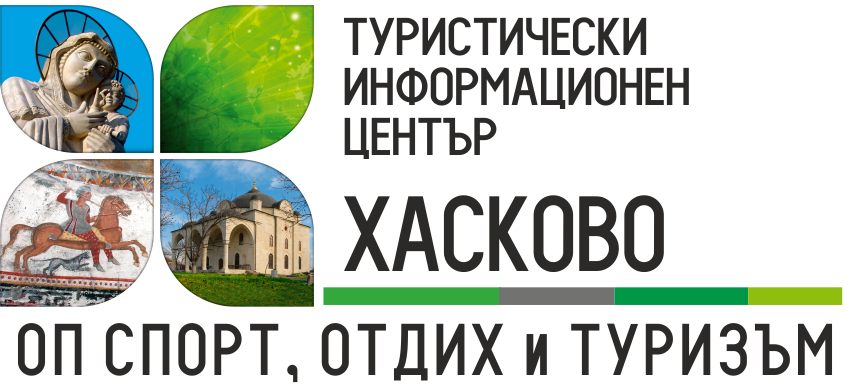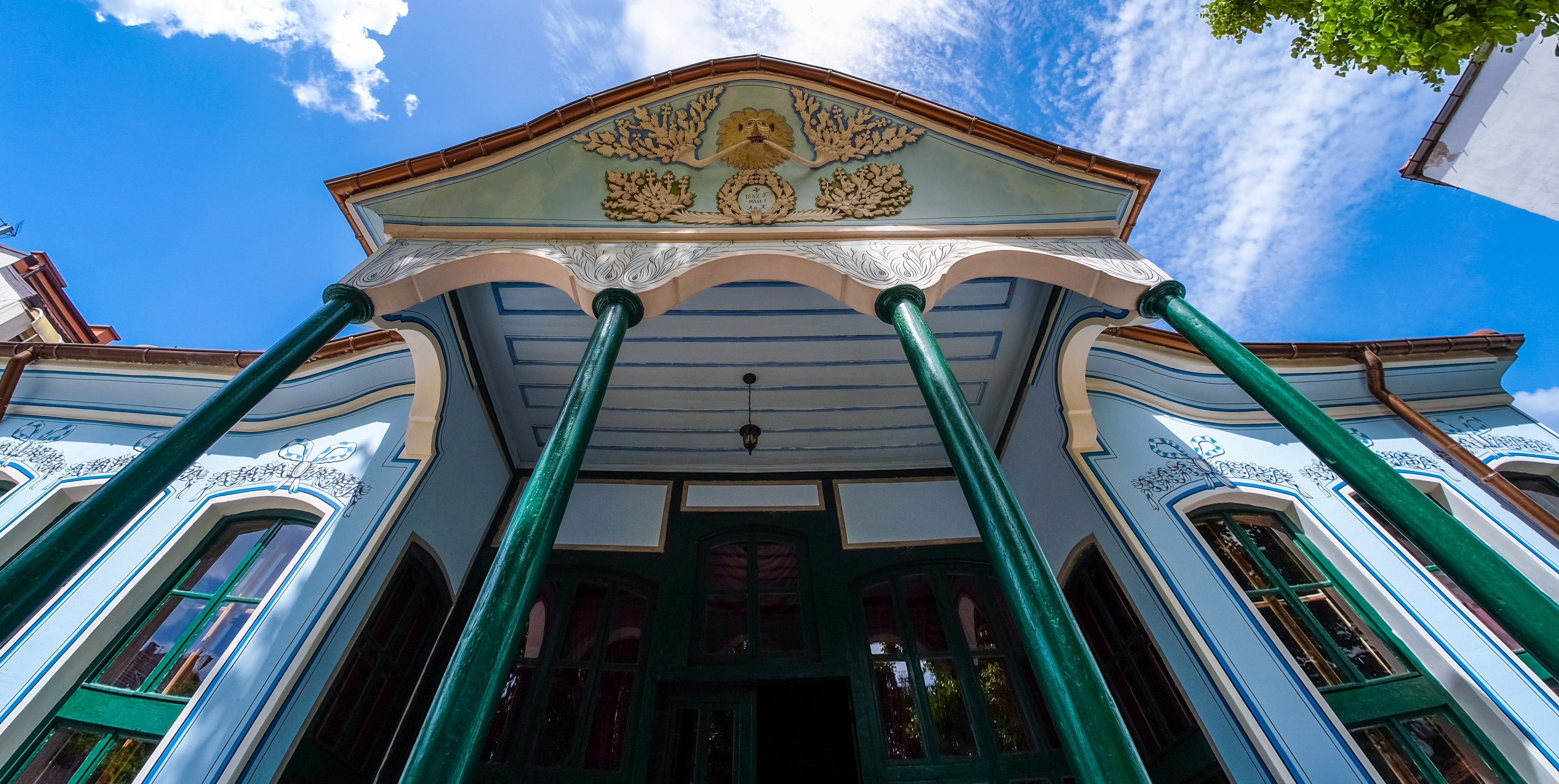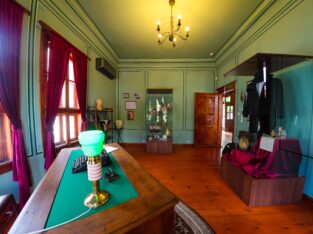The Kirkov's School
In 1882, the Haskovo merchant and craftsman Atanas Hristev – Ortakiuvliata, built a beautiful house with painted walls in the central part of Haskovo. One-story, symmetrical, richly decorated outside and inside, it reflected the modern trends in urban architecture from the end of the 19th century, representative of the southern Balkan lands and the European part of the Ottoman Empire.
Major Nikola Petrov Kirkov, a physician of the 10th Infantry Rhodope Regiment, lived there for some time. The memory of his stay in the city was preserved only in the name given by the people of Haskov to the house – “Kirkovo School”.
In the years of the first decade of the 20th century, the house changed its owner and became the property of the famous local banker – Yanyu Hristodorov. He came from Peshtera, a teacher by profession, and married one of the daughters of the wealthy banker Kosta Dzhartov. Blessed by fate only with daughters, he introduced his son-in-law Yanyu into the profitable business, who succeeded him and managed to double the family wealth. The former teacher, now a banker and respected public figure, was elected Chairman of the Haskovo School Board in 1912. The lack of school buildings in the city encouraged him to reorganize the house into a school, which he named “Yanni Hristodorov’s Primary School”. But in the memory of the city, it remained as the “Kirkovo School”.
For the first time, the school was opened in 1917. In the first school year (1917-1918), a total of 140 children enrolled in the I to IV ward. In the following years, the number of students reached 170.
Unfortunately, Yani Hristodorov’s family suffered severe losses after his wife and three children died of tuberculosis in a short time. The banker remarried the teacher, Mina Gyozumova. The two had no children and decided to donate all the properties and all their wealth for the benefit of the society, which ranked him among the biggest benefactors in Haskovo. However, the then authorities did not wait for Hristodorov’s will and in 1923 expropriated two of his three houses for primary schools. The “Kirkovo School” was renamed “Hristo Botev Primary School”. In vain did he litigate cases and appeal municipal decisions until 1926, when the mayor of Haskovo accepted the banker’s will.
The will of the benefactor was: The municipality to organize a fund after the name of Kosta and Vela Dzhartovi /the parents of his first wife/ and turn this house into a nursing home, where “old people without support and unfit for work can spend their old age”. Yani Hristodorov also bequeathed to the city a two-story building with two shops, located in the city bazaar, under the condition that after the death of his wife, the proceeds would be used for expenses and furnishing of the nursing home, which would be established in the first property. The will also stated: “With the rents received, the “Kocho, Hristo and Elenka Hristodorov” fund to be formed, the sums of which to be used for the treatment of patients with tuberculosis. And he had one final wish – that his portrait be placed “in natural size in a prominent place in the Town Hall at the expense of the municipality”.One year later, Yani Hristodorov died.
In 1936, all students were moved to the newly built building of the “Krum” School, because the building of the “Kirkovo School” was already unfit for use. 15 years later, in 1952, the City Council decided to turn the old school building into a People’s Museum and did a major renovation of the building. The decision was appropriate because at that time the museum in the city did not have its own building and the archaeological exhibits collected over the years were scattered and destroyed.
In 1954, the first “Workers’ Revolutionary Movement” exhibition was officially opened, then moved and expanded in 1966 to the new building of the “Zarya” Community Center. The building of the “Kirkovo School” continued to be used by the curators of the museum until 1975, when the exhibition “Life and Deed of Prof. Asen Zlatarov” was arranged there.
In 1987, the Executive Committee of the City Council decided to open a restaurant in the basement of the “Kirkovo School”, which became known among the population as the “Blue House”. In 1991, the exposition was moved and the house-restaurant became a club of the SDS (political party). In the following decade, the “Kirkovo School”, as Haskovo citizens continued to call it, was visited by two presidents, two prime ministers and many ministers.
In 2006, an exhibition “Haskovski Buditeli” was arranged and opened in the “Kirkovo School”, which was enriched and renovated in 2024 under a program of cultural entrepreneurship, heritage and cooperation in partnership with Iceland.
Теxt: Dr. Veselina Uzunova
Chief Editor
Useful information
Location
Contacts
Working hours
April – October
Tuesday – Friday
10:00 a.m. – 6:00 p.m.
Saturday
10:00 a.m. – 5:00 p.m.
November – March
Tuesday – Friday
09:00 a.m. – 5:00 p.m.
Saturday
10:00 a.m. – 4:00 p.m.
Prices per visit
Students and pensioners – BGN 2.00 / EUR 1.02
All others – BGN 4 .00 / EUR 2.05
Touring guide – BGN 15 .00 / EUR 7.67
Children up to 7 years are admitted for free.









